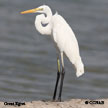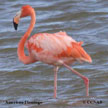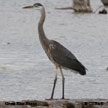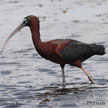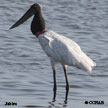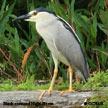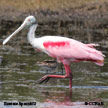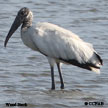North American Bird Search Box
This search box can be used to find bird species using bird's english, french or latin name, or to identify bird by its 4 letter Alpha Code
Field Guide for all the Birds of North America
Wading Birds
Échassiers
Herons, Egrets, Flamingos, Ibises, Night-Herons, Spoonbill & Stork
Ardeidae, Ciconiidae, Phoenicopteridae & Threskiornitidae
Information, images and range maps on over 1,000 birds of North America, including sub-species, vagrants, introduced birds and possibilities
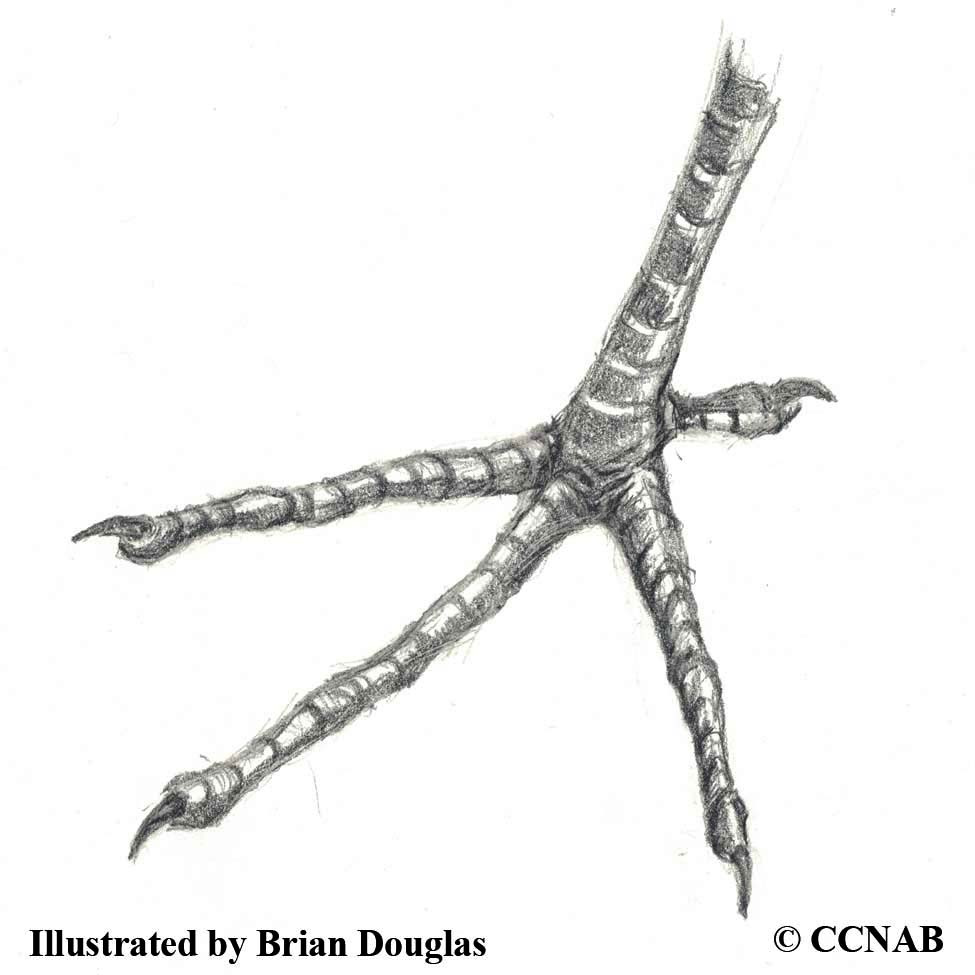
Wading birds and Florida wading birds are synonymous. This is true because all the wading birds seen in North America can be found and seen in the state of Florida, at one time or another. Wading birds like the Great Egret is once again being seen throughout the southern US states. These large white birds are now found nesting in the southern regions of Canada. The recovery of these wading birds is thanks to the protection given by the federal states and provinces, guaranteeing them places to nest and feed without threat or harm.
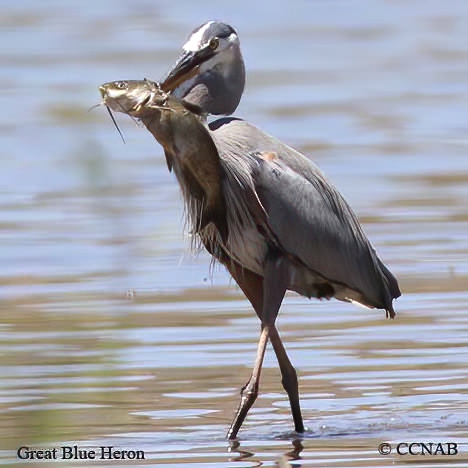
These birds have a preference for marshes, swamps, mudflats and shallow bodies of water all along the lakes, rivers and coastlines throughout Florida and the warmer areas of North America.
Below you will find images and information on these waders. These birds include the herons, egrets, flamingos, ibises, night-herons, spoonbill and storks. All of these types of waders can be seen among the wetlands or close to them.
North American Birds Videos
- Click here - Non-breeding Pluamge
Reference to Other Bird Site:
ABA - American Birding Association This site represents an organization that maintains official records of all birds species that have been proven to have been seen inside the perimeters of the North American Continent and the surrounding bodies of water. Regular revised versions are posted to keep the bird list current at all times. This is the list used by all serious birders over their lifetime. You may be aware of the movie called the "Big Year". It was with this list that all the competing birders used in an attempt to set a new record as to how many bird species that could be seen by an individual birder in one calendar year.
